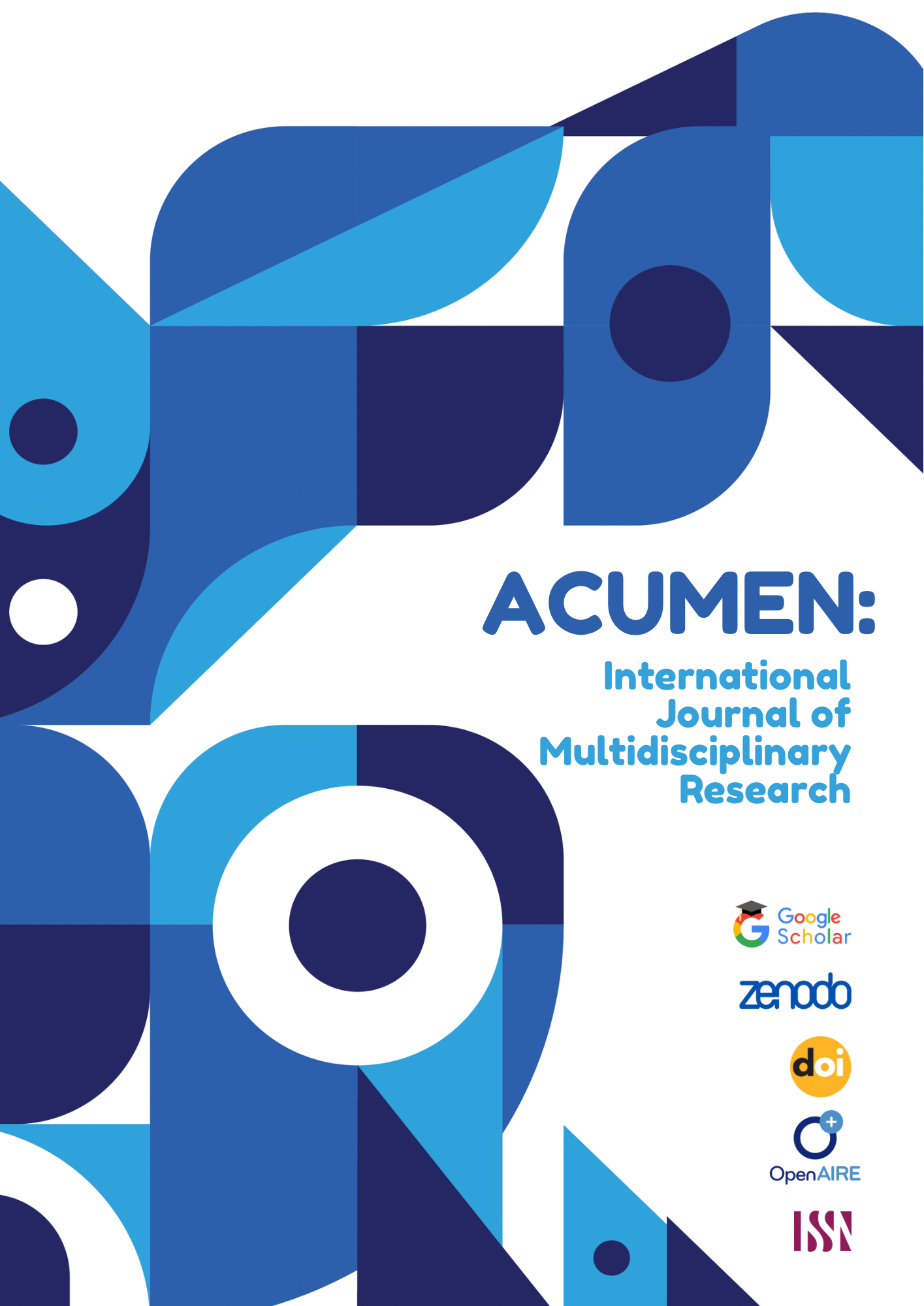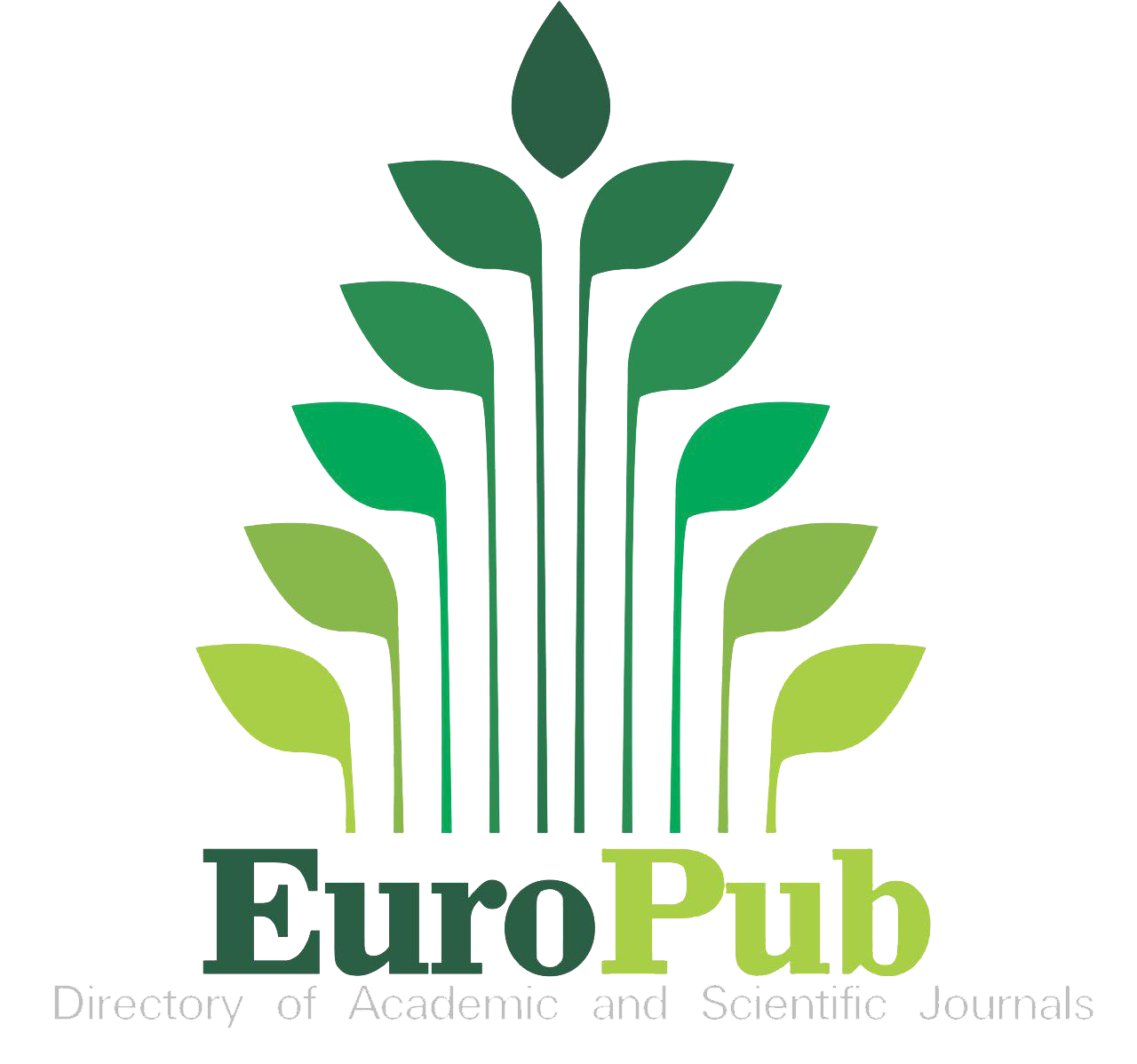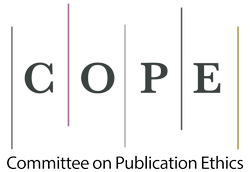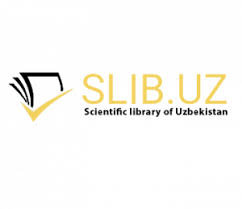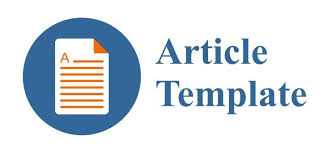PROFESSIONALLY ORIENTED ENGLISH TEACHING TO STUDENTSPHILOLOGIST
Keywords:
professional sphere, university students, communicative competence, educational process, educational and methodological documentation, professionally oriented education, English.Abstract
The article outlines some areas of professionally oriented
teaching of English on the example of philologists. The main goals and objectives of
the article are formulated. The relevance of the issue under consideration is indicated.
The author emphasizes that the leading method in teaching professionally oriented
English is the communicative method. In theoretical and methodological terms, this
problem has not been fully studied, today many researchers and scientists are working
on it. Some areas of providing professionally-oriented teaching of English to bachelors
of philology are highlighted. The author refers to them: studying the needs of society
in philological education, changing the content of education, which should contribute
to the formation of communicative and professional competencies, as well as the
creation of an educational and methodological base for the learning process.
References
1. Zvyagintseva E.P., Valiakhmetova L.V. Integrative-developing approach in
the course of foreign language training of university students as one of the promising
vectors of the educational process // Prospects of Science. 2014. No. 9 (60). pp. 38–41.
2. Poltavets I.D. Formation of Comparative Analysis Skills in Philology
Students: Abstract of the thesis. … Candidate of Pedagogical Sciences / Nizhny
Novgorod State Linguistic University. Nizhny Novgorod, 2012
3. Vilensky M.Ya., Obraztsov P.I., Uman A.I. Technology of professionally
oriented education in higher education. Eagle: OSU, 2010. 270 p.
4. Shaimova G. A., Shavkieva D. Sh. Vocational-oriented teaching of English in
non-linguistic universities // Young scientist. 2013. No. 11. S. 692–694.
Acumen: International Journal of Multidisciplinary Research
ISSN: 3060-4745 IF(Impact Factor)10.41 / 2024
Volume 1, Issue 5
16 Acumen: International Journal of Multidisciplinary Research
5. Adamko M.A. Formation of professional competence of students of the
direction of preparation of bachelors "Philology" on the basis of an integrative
approach: abstract of dis. … Candidate of Pedagogical Sciences / Togliatti State
University. Togliatti, 2013.
6. Adamko M.A. Analysis of the results of the study of the process of formation
of professional competence among students - philologists on the basis of an integrative
approach. Vector of Science of Togliatti State University. 2014. No. 1 (27). pp. 193–
197.
7. Adamko M.A. Features of teaching English at the university in modern
conditions // Vector of Science of Togliatti State University. 2015. No. 3-2 (33-2). pp.
283–288.
8. Smirnova E.V. Didactic goals of using information technology tools for the
development of foreign language skills in the process of teaching English // Karelian
scientific journal. 2014. No. 4. S. 82-88.
9. Egortseva N.A., Sidorkina N.V. The value of role-playing games in teaching
English // Azimuth of scientific research: pedagogy and psychology. 2016. V. 5. No. 1
(14). pp. 49-52.
10. Buldina I.A. Basic principles of teaching speaking in a foreign language
(English) to students of non-linguistic specialties of the university with different levels
of training // Karelian scientific journal. 2016. V. 5. No. 4 (17). pp. 9-12.
11. Zonova M.V., Nikolaeva N.A., Sosnina N.G. Formation of managerial skills
of the future manager of the service industry in the process of participation in project
activities in English // Azimut of scientific research: pedagogy and psychology. 2017.
V. 6. No. 4 (21). pp. 197-201.
12. Adamko M.A. The technology of integrative learning in the formation of
general professional competence "Philological analysis and interpretation of a literary
text" among students-philologists // Vector of Science of Togliatti State University.
2012. No. 3. S. 215–218.
13. Polenova A.Yu. The problem of written discourse and the possibility of its
use in the educational process of the university // Culture. The science. Integration.
2011. No. 3. S. 68–72.
14. Balykhina T.M. Structure and content of Russian philological education.
Methodological problems of teaching the Russian language: scientific publication. M.:
MGUP, 2000. S. 39.
15. Bagramova N.V. On the combination of innovations and trends in teaching
foreign languages in the context of the Bologna process // Foreign languages in
economic universities in Russia. 2005. No. 4. S. 37–41.
Acumen: International Journal of Multidisciplinary Research
ISSN: 3060-4745 IF(Impact Factor)10.41 / 2024
Volume 1, Issue 5
17 Acumen: International Journal of Multidisciplinary Research
16. Khvorostin D. English-Russian Dictionary of Linguistic Terms.
Chelyabinsk, 2007. 113 p.
17. Zherebilo T.V. Dictionary of linguistic terms. Nazran: Piligrim, 2010. 486 p.
18. Akhmatova O.S. Dictionary of linguistic terms. M.: Editorial. URSS, 2004.
576 p.
19. Bezrukova V.S. Pedagogy: textbook. Rostov n / D .: Phoenix, 2013. 381 p.
20. Adamko M.A. Integrating academic disciplines as one of the ways to
improve the effectiveness of teaching English at a university // Azimut of Scientific
Research: Pedagogy and Psychology. 2016. V. 5. No. 4 (17). pp. 17–20.
21. Marsh D. Content and Language Integrating Learning (CLIL). A
Development Trajectory. Cordoba: University of Cordoba, 2012. 554 p.
22. Smirnova E.V. Individual-psychological aspect in teaching a foreign
language when using electronic means of educational purposes // Azimut of scientific
research: pedagogy and psychology. 2016. V. 5. No. 4 (17). pp. 408-411.
23. Bobrova N.V. Difficulties of profile-oriented teaching of English in a
technical university // Privolzhsky Scientific Bulletin. 2015. No. 4-2 (44). pp. 37–40.
24. Khokhlenkova L.A. The advantages of the project method in teaching a
foreign language to future specialists in tourist destinations in service universities //
Azimut of Scientific Research: Pedagogy and Psychology. 2016. V. 5. No. 2 (15). pp.
171-174.
25. Blieva Zh.M., Khosroeva N.I. Foreign language as a subject and speech in
the formation of a multicultural worldview of environmental students // Azimut of
scientific research: pedagogy and psychology. 2016. V. 5. No. 4 (17). pp. 74-78.
26. Rudneva T.I., Khramtsova A.B. Influence of foreign language means on the
dynamics of students' professional motives // Samara Scientific Bulletin. 2016. No. 4
(17). pp. 216-220

